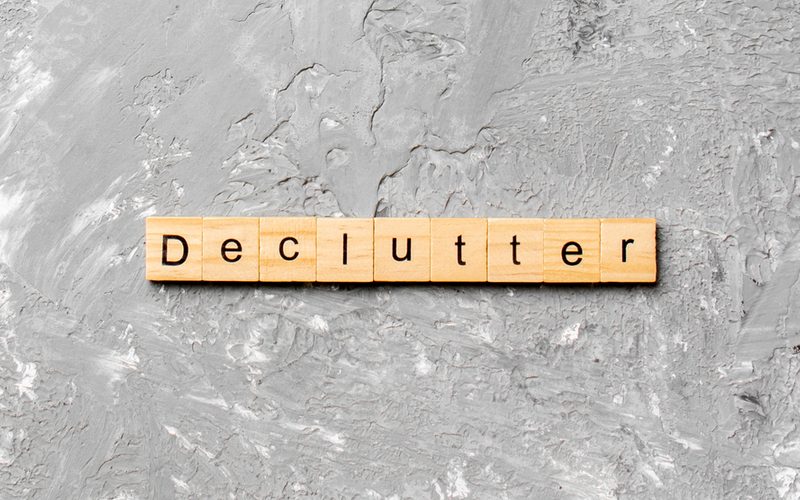Work commitments, deadlines, the food shop, returning that missed call from a friend five days ago, the kids’ lunches, parents evening, finding time to exercise, the dogs’ vet check-up . . . added to that occasional ‘brain fog’!
How many things are you trying to remember and mentally juggle?
For most of us, the answer is lots and often, it can all become too much, we feel overwhelmed and stressed and we lose our balance. Nothing actually gets done and we feel unaccomplished and stressed.
But when life is so busy, how do we declutter our minds so that we can regain our productivity and efficiency to feel good at the end of the day?
Here’s our top tips…
- A tidy mind stems from a tidy environment, so try decluttering your desk, kitchen, bedroom or anywhere that’s causing your mind to go into overdrive. The fewer distractions in our line of sight, the calmer our minds will be, allowing us to get on with all the tasks we need to tick off.
- Practice gratitude by keeping a gratitude journal and each day writing down three things you’ve been grateful for that day. Appreciating even the smallest of things can be very calming for the mind. It’s also a great record of good things to look over and reflect on when we feel particularly stressed.
- Make sure you get outside for a walk every day, for at least 20 minutes. Spending time outside, taking notice of the sights, smells and sounds of your surroundings and appreciating nature is an effective mindfulness technique that can quiet a busy mind. You’ll also find you’re mor productive when you return.
- Make those red dots go away! Those little red dots that tell us that our emails, social media, messages or just about anything else has a new notification only serve to distract us. So go to your settings and switch off notifications to help focus your concentration on where it needs to be.
- Start the day with a to-do list. Handwritten, typed or a voice memo – the choice is yours (our choice is a handwritten list in a diary). Knowing what we plan to get done each day helps us to focus. And ticking each one off as we do it is extremely satisfying!
- Start each task list by doing something that you know can be done relatively quickly and easily. Because there’s nothing more satisfying than a to-do list that’s quickly got something ticked off to start the day right.
- Once you’ve got to the end of your day, or the end of your to-do list, whatever comes first, take a moment to reflect on your day. Think about what went well, and what didn’t go so well. Are there lessons to be learned? Did you plan in too much? Too little? Did external factors influence what you managed to achieve and could they be planned for?
















